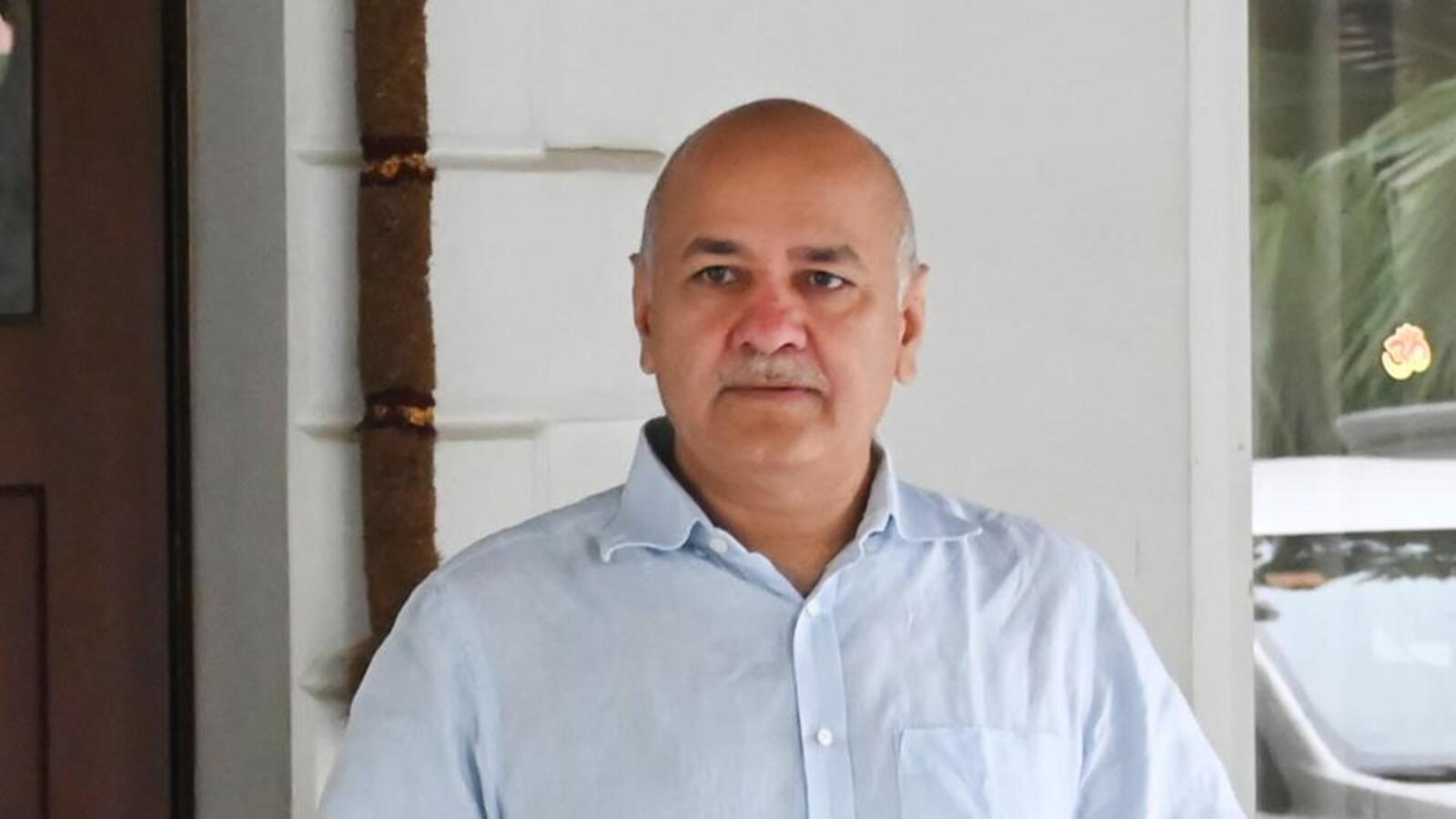
Like Jain, Sisodia also evades ACB’s key questions in alleged Delhi classroom scam
How did your country report this? Share your view in the comments.
Diverging Reports Breakdown
Like Jain, Sisodia also evades ACB’s key questions in alleged Delhi classroom scam
Aam Aadmi Party (AAP) leader and former Delhi deputy chief minister Manish Sisodia was questioned for nearly three and a half hours by the Delhi government’s Anti-Corruption Branch (ACB) The ACB is investigating alleged violations in a project involving the construction of 12,748 semi-permanent classrooms in schools run by the then AAP government. The project cost ballooned to over ₹2,800 crore, allegedly without new tenders or adherence to standard procurement protocols. Investigators noted that such classrooms, with a lifespan of around 30 years, cost nearly as much as reinforced concrete structures expected to last over 75 years. A total of 22 individuals, including engineers, architects, and officials from the Public Works Department and education department have so far recorded statements. The investigation is now focused on establishing a chain of responsibility, with the possibility of a joint interrogation session of Sisotia and former PWD and health minister Satyendar Jain.
Sisodia appeared “evasive” and uncooperative and may be summoned again for further questioning, according to four ACB officials familiar with the proceedings.
One of the officials cited above said that Sisodia was asked 36 key questions related to procedural lapses, cost escalations, and suspected financial misconduct in the school infrastructure expansion project. “He gave direct responses to barely five of the questions. His answers to the rest were vague or deflective,” said one official, who asked not to be named.
The official added that Sisodia attempted to distance himself from key decisions by shifting responsibility to the Delhi cabinet. When asked about the 2020 report by the Central Vigilance Commission’s (CVC) Chief Technical Examiner (CTE), which flagged serious lapses in the project, Sisodia reportedly said he had only forwarded the file to the vigilance department.
Another officer present during the interrogation said Sisodia failed to explain the inflated costs and delayed timelines. “When asked why semi-permanent classrooms were built at costs comparable to permanent structures, his responses were non-specific,” the officer said.
ACB is investigating alleged violations in a project involving the construction of 12,748 semi-permanent classrooms in schools run by the then AAP government. Initially valued at ₹860 crore, the project cost ballooned to over ₹2,800 crore, allegedly without new tenders or adherence to standard procurement protocols.
The investigation is now focused on establishing a chain of responsibility, with the possibility of a joint interrogation session of Sisodia and former PWD and health minister Satyendar Jain, said a third official, also asking to remain anonymous. “We are examining their statements, which appear contradictory. But before that, we will summon contractors and engineers for questioning,” the officer said.
ACB has so far recorded statements of 22 individuals, including engineers, architects, and officials from the Public Works Department and education department. One official reportedly admitted that initial objections were overruled by senior officials who claimed “visheshadhikaar” or special privilege.
Joint commissioner of police Madhur Verma, who heads ACB, confirmed Sisodia’s questioning and said it was conducted in the presence of an independent witness. “We questioned him regarding large-scale financial irregularities and procedural lapses that led to the classroom project cost inflating to nearly three times the original estimate,” he said.
The first official cited above said that similar discrepancies were observed during Jain’s interrogation on June 6. Jain, questioned for nearly six hours, answered only six out of 28 questions directly and attributed all decisions to the education department and the cabinet. He distanced himself from the operational aspects of the project.
ACB’s preliminary findings reveal that the average cost of each semi-permanent classroom was ₹24.86 lakh, nearly five times the estimated market rate of ₹5 lakh. Investigators noted that such classrooms, with a lifespan of around 30 years, cost nearly as much as reinforced concrete structures expected to last over 75 years.
“This raises serious questions about the financial prudence of the project,” said Verma.
Officials also said appointments of consultants and architects were made without following due process, and the per square foot cost of the semi-permanent structures was ₹2,292—almost equal to ₹2,416 for permanent RCC structures. In some cases, work worth ₹42.5 crore was executed in five schools without issuing fresh tenders, violating procurement rules.
ACB registered an FIR in the case on April 30 after securing sanction under Section 17-A of the Prevention of Corruption Act. Sisodia and Jain have been named in the case under Section 13(1) of the POC Act, as well as Sections 409 (criminal breach of trust) and 120-B (criminal conspiracy) of the Indian Penal Code.
